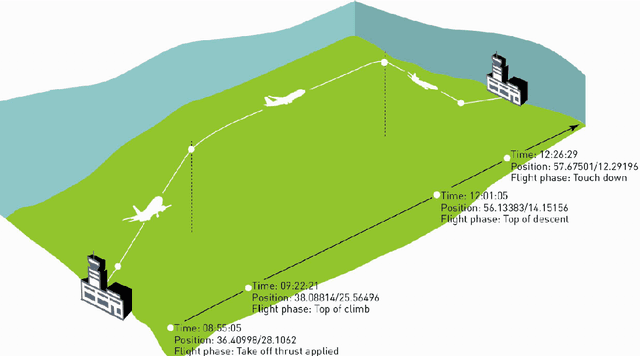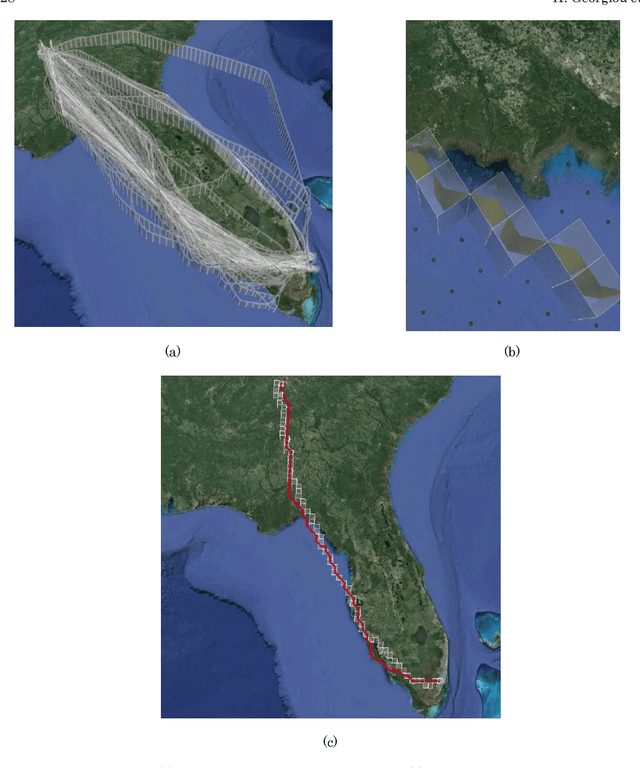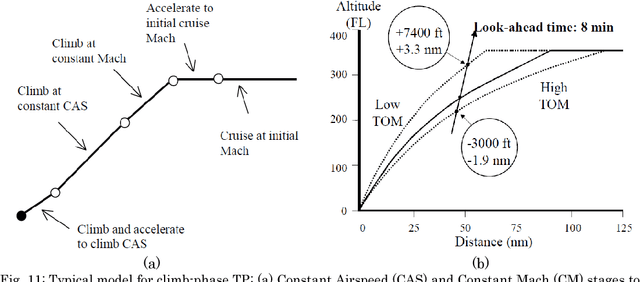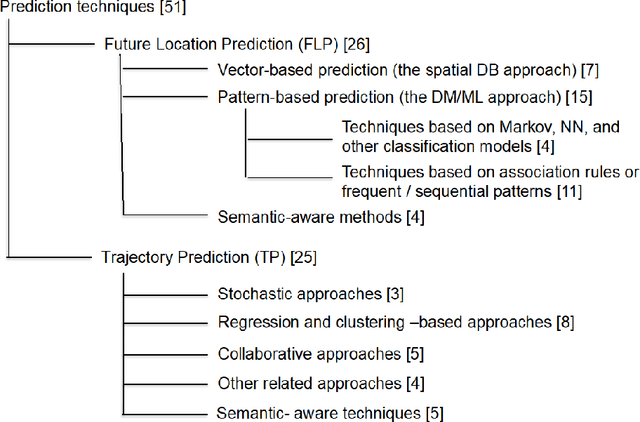Yannis Theodoridis
Electric Vehicle Charging Load Forecasting: An Experimental Comparison of Machine Learning Methods
Dec 19, 2025Abstract:With the growing popularity of electric vehicles as a means of addressing climate change, concerns have emerged regarding their impact on electric grid management. As a result, predicting EV charging demand has become a timely and important research problem. While substantial research has addressed energy load forecasting in transportation, relatively few studies systematically compare multiple forecasting methods across different temporal horizons and spatial aggregation levels in diverse urban settings. This work investigates the effectiveness of five time series forecasting models, ranging from traditional statistical approaches to machine learning and deep learning methods. Forecasting performance is evaluated for short-, mid-, and long-term horizons (on the order of minutes, hours, and days, respectively), and across spatial scales ranging from individual charging stations to regional and city-level aggregations. The analysis is conducted on four publicly available real-world datasets, with results reported independently for each dataset. To the best of our knowledge, this is the first work to systematically evaluate EV charging demand forecasting across such a wide range of temporal horizons and spatial aggregation levels using multiple real-world datasets.
On Vessel Location Forecasting and the Effect of Federated Learning
May 30, 2024Abstract:The wide spread of Automatic Identification System (AIS) has motivated several maritime analytics operations. Vessel Location Forecasting (VLF) is one of the most critical operations for maritime awareness. However, accurate VLF is a challenging problem due to the complexity and dynamic nature of maritime traffic conditions. Furthermore, as privacy concerns and restrictions have grown, training data has become increasingly fragmented, resulting in dispersed databases of several isolated data silos among different organizations, which in turn decreases the quality of learning models. In this paper, we propose an efficient VLF solution based on LSTM neural networks, in two variants, namely Nautilus and FedNautilus for the centralized and the federated learning approach, respectively. We also demonstrate the superiority of the centralized approach with respect to current state of the art and discuss the advantages and disadvantages of the federated against the centralized approach.
Sustainable Urban Mobility in the Post-Pandemic Era (position paper)
Sep 27, 2021


Abstract:COVID-19 is the first pandemic of the modern world causing significant changes to the everyday life of billions of people in all continents. To reduce its expansion, most governments decided to mitigate a great percentage of daily movements of their citizens. For instance, they enforced strict controls (in space, time, etc.) on urban movement whereas they selectively prohibited international air and ground connections. In this short study, we briefly discuss some lessons learned out of this process based on recorded mobility figures, and we raise challenges that are emerging in the post-pandemic era, in the intersection of the sustainable urban mobility and movement data science fields.
Moving Objects Analytics: Survey on Future Location & Trajectory Prediction Methods
Jul 11, 2018



Abstract:The tremendous growth of positioning technologies and GPS enabled devices has produced huge volumes of tracking data during the recent years. This source of information constitutes a rich input for data analytics processes, either offline (e.g. cluster analysis, hot motion discovery) or online (e.g. short-term forecasting of forthcoming positions). This paper focuses on predictive analytics for moving objects (could be pedestrians, cars, vessels, planes, animals, etc.) and surveys the state-of-the-art in the context of future location and trajectory prediction. We provide an extensive review of over 50 works, also proposing a novel taxonomy of predictive algorithms over moving objects. We also list the properties of several real datasets used in the past for validation purposes of those works and, motivated by this, we discuss challenges that arise in the transition from conventional to Big Data applications. CCS Concepts: Information systems > Spatial-temporal systems; Information systems > Data analytics; Information systems > Data mining; Computing methodologies > Machine learning Additional Key Words and Phrases: mobility data, moving object trajectories, trajectory prediction, future location prediction.
Online Event Recognition from Moving Vessel Trajectories
Jan 22, 2016



Abstract:We present a system for online monitoring of maritime activity over streaming positions from numerous vessels sailing at sea. It employs an online tracking module for detecting important changes in the evolving trajectory of each vessel across time, and thus can incrementally retain concise, yet reliable summaries of its recent movement. In addition, thanks to its complex event recognition module, this system can also offer instant notification to marine authorities regarding emergency situations, such as risk of collisions, suspicious moves in protected zones, or package picking at open sea. Not only did our extensive tests validate the performance, efficiency, and robustness of the system against scalable volumes of real-world and synthetically enlarged datasets, but its deployment against online feeds from vessels has also confirmed its capabilities for effective, real-time maritime surveillance.
 Add to Chrome
Add to Chrome Add to Firefox
Add to Firefox Add to Edge
Add to Edge